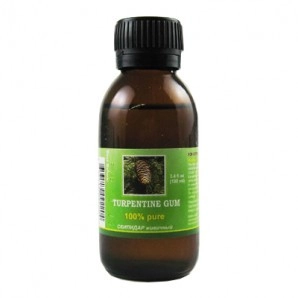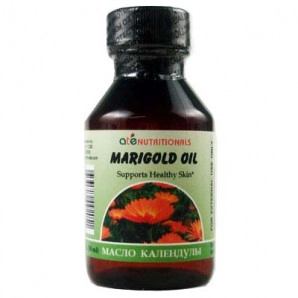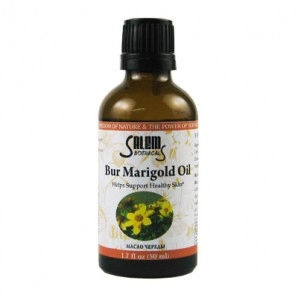-
OTC
- Allergy
- Antiparasitic Agents
- Painkillers and Antispasmodics
- Venotonics
- Dermatological Agents
- Gastrointestinal Tract
- Immunomodulators
- Infectious and Inflammatory
- Weight Control, Weight Loss
- Neurological Agents
- Ophthalmic Preparations
- Cardiovascular Diseases
- Sleep Aids
- Cold and Flu Remedies
- Thyroid Disorders
- Diabetes Treatments
- Urological Agents
- Sedatives
- Ear Drops
- Vitamins and Minerals
- Men's Health
- Women's Health
- Laxatives
- Liver Disease Treatments
- Hemorrhoid Treatments
- Nasal Drops and Sprays
- Antiseptic
- Bruises and Contusions
- Antifungal Agents
- Blood Pressure Medications
- Joint Pain
- Oils
- Dry Herbs & Berries
- Ointments
- Herbal Teas
- Tinctures
- Syrups
- Beauty
This information is for general purposes only and should not be considered as medical advice. Always consult with a qualified healthcare professional for any medical concerns or questions you may have.
Birch Tar Oil in Medicine: Nature's Remedy
Birch tar oil, derived from the bark of birch trees, has a long history of medicinal use. This article explores the applications and benefits of birch tar oil in healthcare.
What is Birch Tar Oil?
Birch tar oil is a natural substance obtained through the dry distillation of the bark of birch trees, primarily the white birch (Betula pendula) and the silver birch (Betula alba). This process yields a dark, viscous liquid with a distinct smoky aroma.
Historical Uses
Throughout history, birch tar oil has been used for various medicinal purposes:
- Topical Antiseptic: Due to its antiseptic and anti-inflammatory properties, birch tar oil was applied to wounds, cuts, and skin irritations to prevent infection and promote healing.
- Respiratory Aid: Inhalation of vapors from birch tar oil was believed to help alleviate respiratory issues, including congestion and coughs.
- Arthritis Relief: Some traditional remedies involved the application of birch tar oil to joints to relieve pain associated with arthritis and rheumatism.
Modern Applications
Today, birch tar oil is still utilized in various forms, including ointments, creams, and shampoos. Some modern applications of birch tar oil include:
- Skin Conditions: It is used in skincare products to address skin conditions like psoriasis, eczema, and dandruff.
- Natural Soaps: Birch tar oil is a key ingredient in some natural soaps known for their antiseptic properties.
Caution and Professional Advice
While birch tar oil has a history of use in traditional medicine, its application should be approached with caution. Before using birch tar oil or products containing it, it's advisable to consult a healthcare professional, especially if you have allergies, sensitivities, or underlying medical conditions.
Please note: This information is provided for informational purposes only and should not replace professional medical advice.
Additional Information
| SKU | 1120 |
|---|---|
| Brand | Salem Botanicals |
| Size | No |
| Manufacturer | ATE Pharm |
- Be the first to review this product
Write Your Own Review
Products on sale
Regular Price: $10.49
Special Price $8.99
Regular Price: $17.99
Special Price $10.99
Regular Price: $10.99
Special Price $7.90
Regular Price: $14.99
Special Price $9.99
Regular Price: $7.99
Special Price $4.99
Regular Price: $12.99
Special Price $8.99
Regular Price: $20.99
Special Price $17.99
Regular Price: $21.99
Special Price $17.99
Regular Price: $27.99
Special Price $21.99
Also Purchased

















